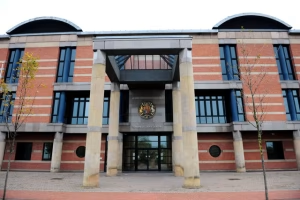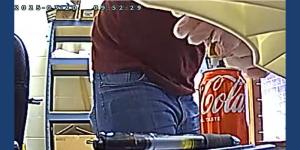As Patisserie Valerie staff are made redundant in the wake of a suspected fraud, Nicola Sharp, at Rahman Ravelli, explains why companies should not rely on the accountants to recognise financial crime.
Whilst Patisserie Valerie’s chairman has extended an interest-free loan to the company to ensure wages are paid to staff still working for it this does not cover those made redundant.
More than 900 people lost their jobs when 70 of the cafe group’s outlets closed last month; just over three months after a £40M black hole was found in its accounts. The company, which is now in administration, blamed the problem on “potentially fraudulent” accounting irregularities and the Serious Fraud Office has begun an investigation.
Those worst affected by the problems at Patisserie Valerie may have little time for anyone who argues that a company’s auditors shouldn’t shoulder the blame for failing to uncover fraud.
David Dunckley, the head of Grant Thornton, the café chain’s former auditors, told MPs on the business, energy and industrial strategy committee that normal audit procedures may not be able to identify sophisticated fraud.
His arguments are valid. Of course, those who check the accounts may have a chance to recognise when something is obviously wrong. But most frauds are unlikely to be glaringly obvious. If they were, they would all be detected.
Having represented accountants in a variety of cases, it would be wrong to simply blame the money men for failing to recognise fraud. Any company that is genuine about wanting to prevent fraud must devise and implement measures that have the effect of making it as difficult as possible to carry out. Every member of staff needs to be aware of possible signs of wrongdoing and of the need to report any suspicions they may have.
Research has indicated that companies lose an average of 7% of annual turnover to fraud. Exactly how much Patisserie Valerie has lost – and whether it is all down to fraud – remains to be seen. But as it stands, the company is in turmoil. That in itself is an indicator of how important it can be for a company to create procedures to combat fraud.
Businesses themselves need to ensure they are doing everything possible to design out the possibility of fraud. Putting it simply, the harder it is to perpetrate fraud, the less likely it is to be committed. And it is the companies who have to recognise this and take all relevant steps.
The accountants are not there to protect firms against fraud. They never have been. That responsibility lies with the company itself.




















